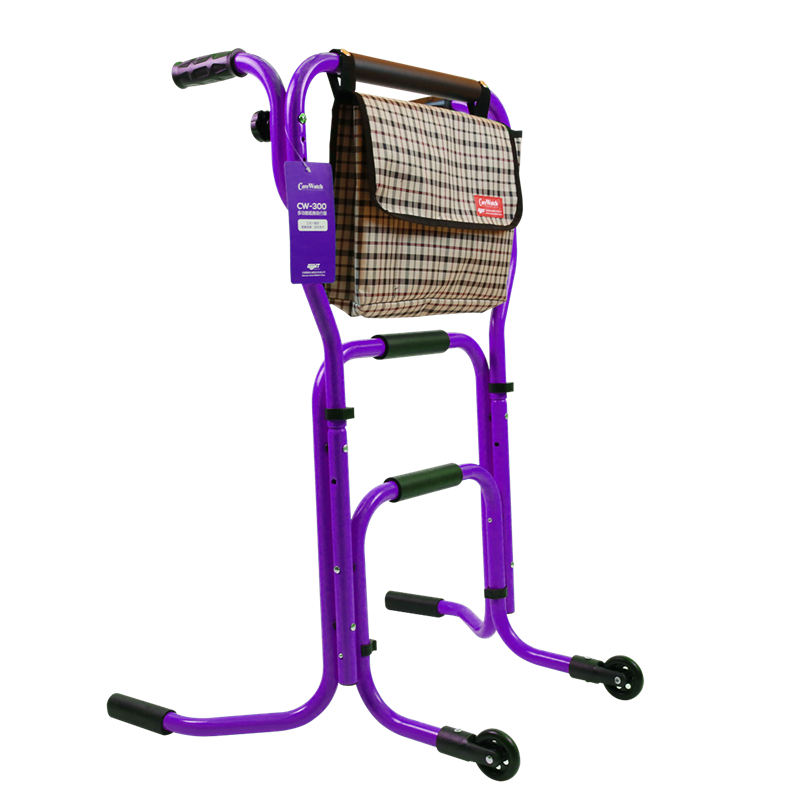Essential Disability Aids For Elderly
Disability Aids For Seniors
As individuals age, it is common for them to experience a decline in physical and cognitive capabilities. For seniors who have a special needs, this decline can end up being more significant and impact their every day life.
Nevertheless, there are various disability help readily available that can help seniors preserve their independence and lifestyle. These aids can come in the form of mobility gadgets, adaptive tools for consuming and drinking, tools for dressing and grooming, house modification aids, and communication aids.
By using these help, seniors can continue to perform daily tasks that may have ended up being difficult due to their disability. In this short article, we will check out the different types of special needs aids available for senior citizens and how they can enhance their total well-being. There are several disability aids for seniors available.
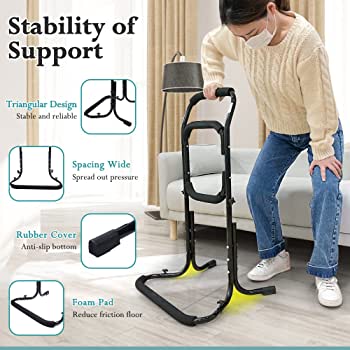
Disability Aids For Seniors
Strolling aids are a popular choice for elders who need assistance with balance. These aids include canes, crutches, and walkers. Walking canes are a fantastic alternative for those who require a little extra support, while walkers are ideal for people who need more significant assist with balance. Crutches are typically utilized for those who have actually suffered an injury and need assistance for a restricted quantity of time.
Wheelchair options are likewise available for seniors who require more extensive aid with mobility. There are several kinds of wheelchairs to choose from, including manual and electrical alternatives. Manual wheelchairs are moved by the user, while electrical wheelchairs are powered by a battery. Both kinds of wheelchairs come in a variety of sizes and designs to meet individual requirements.
Stairlift solutions, scooter types, and transfer equipment are other choices readily available for elders with restricted movement. Stairlifts are gadgets that help individuals navigate stairs safely, while scooters supply a means of transport for those who are unable to walk long distances. Transfer equipment such as lifts and transfer boards can assist elders move from one surface area to another, such as from a bed to a wheelchair.
With these different alternatives offered, seniors with minimal movement can find the ideal aid to help them browse their surroundings safely and independently.
Reacher Grabber
Using adaptive tools for dining, such as feeding gadgets, drinking help, and swallowing tools, can considerably boost the dining experience for seniors. These tools can assist people with handicaps or restrictions to drink and eat with greater ease and convenience.
There are a range of adaptive tools offered, including specialized utensils and cups, that can assist with mealtime tasks, such as cutting, scooping, and lifting. One typical kind of adaptive tool for dining is utensil modifications. These can include weighted or angled utensils, along with utensils with bigger handles or grips, making them much easier to hold and manage.
Other adaptive tools for consuming and drinking consist of spill-proof cups, straws, and specialized plates and bowls. These tools can assist people with conditions such as arthritis, Parkinson's illness, or other handicaps maintain their self-reliance while eating.
For individuals with more serious impairments or conditions, mealtime assistance might be required. Caregivers or member of the family can offer hands-on help with feeding and drinking, or specialized feeding gadgets might be used to assist with swallowing troubles.
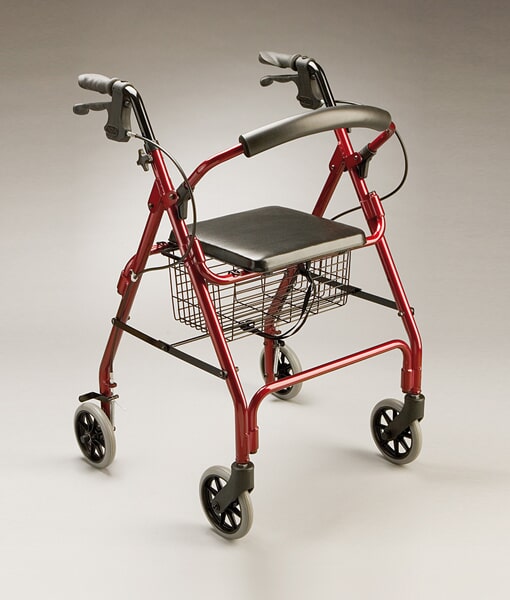
Overall, utilizing adaptive tools and mealtime support can greatly improve the quality of life for seniors with impairments, allowing them to keep their dignity and self-reliance while performing these essential daily jobs.
Assistance with dressing and grooming can be made easier through making use of assistive tools developed to promote self-reliance and boost the everyday regimens of people with physical constraints.
For people who have problem with buttoning their clothing, dressing sticks and button hooks can be helpful. These tools allow people to attach buttons without using fine motor abilities and reduce the time needed to complete dressing jobs. Assistive clothes, such as magnetic closures or Velcro fasteners, can also be used to make dressing simpler and more efficient.
Grooming aids such as adaptive combs can be utilized to help individuals with limited hand mastery in styling their hair. These combs have bigger handles, which make them simpler to grip and control. Furthermore, long-handled combs can be used to reach the back of the head and aid people with restricted movement to style their hair individually.
Likewise, adaptive brushes and combs can be used for grooming facial hair. These tools can be helpful for people who have problem holding a traditional brush or comb due to arthritis or other physical restrictions.
Overall, adaptive tools for dressing and grooming can substantially improve the lifestyle for senior citizens with specials needs. These tools assist promote independence and preserve everyday regimens, which can have a favorable impact on mental and emotional wellness. By using assistive tools, elders can continue to engage in self-care activities and maintain their dignity and sense of autonomy.
It is rather practical that the physical restrictions of an individual can be accommodated with the help of home adjustment tools that promote independence and availability within the living space. These help are vital for seniors with specials needs who want to maintain their autonomy and quality of life.
Restroom modifications, such as grab bars, shower seats, and raised toilet seats, are necessary for people with mobility concerns to prevent falls and guarantee safety. Similarly, kitchen area aids like adjustable-height countertops, pull-out racks, and easy-grip utensils can assist seniors with arthritis or minimal movement to prepare meals and delight in cooking.
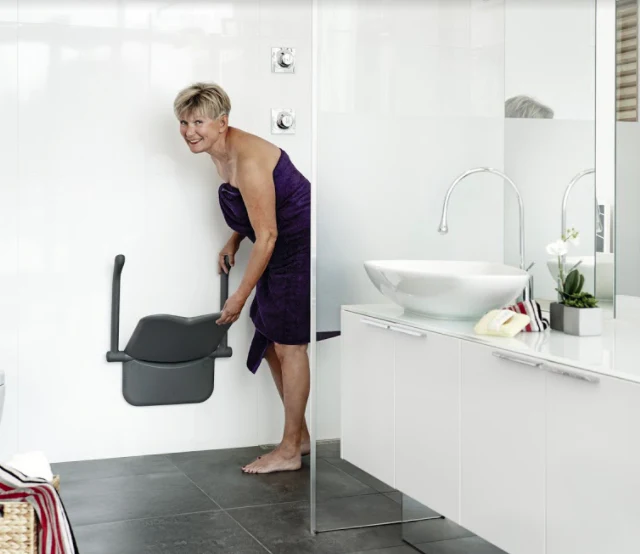
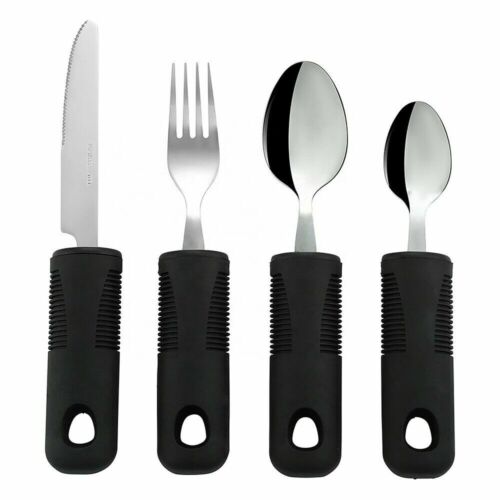
Entryway and exit help like door openers, limit ramps, and hand rails can make it simpler for elders with movement impairments to get in and leave their houses safely. In addition, stairlifts and ramps can supply wheelchair access to different levels of your house, making it possible for senior citizens with specials needs to walk around independently and conveniently.
In summary, home modification aids are important for senior citizens with specials needs to preserve their independence and enhance their lifestyle. By making simple modifications to the living space, such as setting up grab bars, adjustable-height counter tops, and bed rails, seniors with mobility disabilities can minimize the risk of falls and improve their safety and convenience. It is vital to think about these house adjustment aids to promote availability and self-reliance for senior citizens with specials needs.
Interaction is a crucial aspect of life, and for people with speech impairments, interaction aids play a crucial role in allowing them to reveal themselves effectively. Assistive technology such as speech recognition software, speech synthesizers, and communication boards can help people with speech impairments to communicate more effectively.
Moreover, speech therapy can assist improve speech production, expression, and fluency for people with speech impairments.
